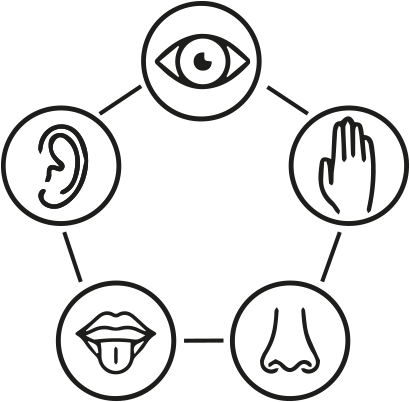Search
Analysing Media – Introduction to phenomenology as a research method
Learn to pay careful attention to your prereflective experience. In relation to specific structures in media
For analysing and discussing what this means for our mediated relation to the world, you need theoretical concepts.
Led by Ike Kamphof
Observing and representing: The history of the senses
Becoming aware of the complexity, multi-dimensionality and diversity of sensory experiences.
Led by: Dr. Alexandra Supper (DSS, coordinator)
Dr. Anna Harris (DSS), Dr. Annelies Jacobs (DSS), Dr. Jack Post (LK),
Dr. Jo Wachelder (History)
Sensory Studies of Science
In this course, we will explore the role of the senses and embodied practices in a variety of scientific disciplines and different sites of knowledge-production, and encounter the method of sensory ethnography as a tool to study the senses in the sciences.
Led by: Dr. Alexandra Supper
The senses in the museum and theater: presentation theory and strategies
Students will be asked to read and criticize 2000 years of thought on cognition and proprioception of the multisensory aspects of art and performance. Visits to the Yale museums – Yale University Art Gallery, Center for British Art, Peabody, and Musical Instruments – as well as special exhibitions at Yale and elsewhere will focus on how objects and their presentation appeal to the senses.
Led by: Frederick John Lamp








